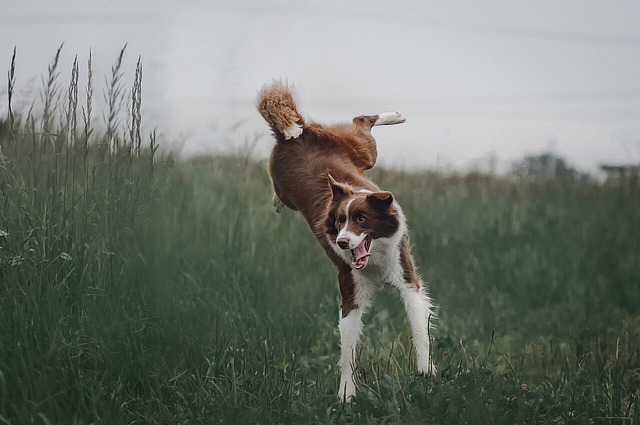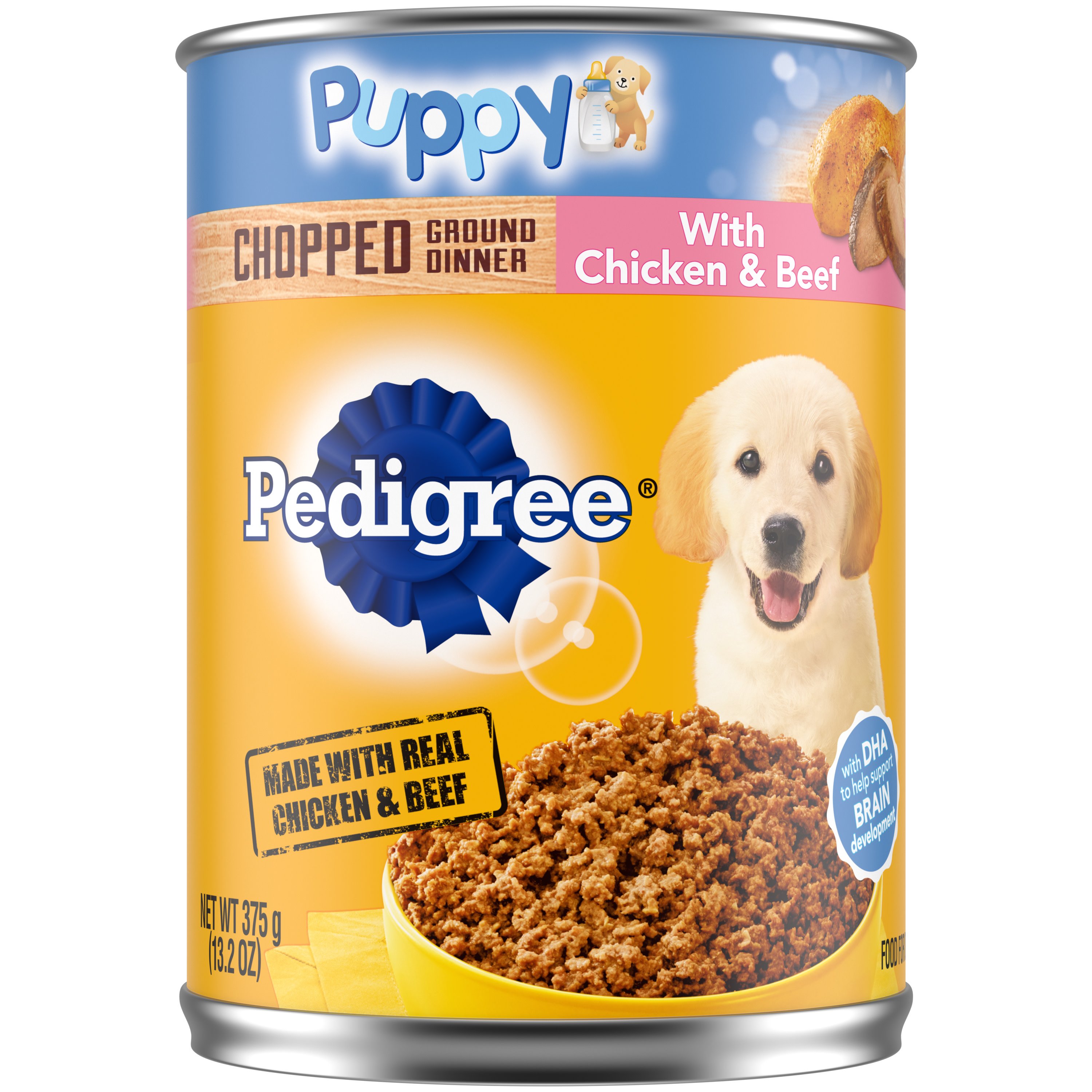
Bulldogs are a British-breed dog. It is a medium-sized, hefty dog with a mastiff-like face and nose. The intelligence and loyalty of this dog are well-known. You will need to learn some important information about the Bulldog before you consider getting one as your pet.
Historical background
Bulldogs are small dogs that once lived with humans and other animals. Dogfighting increased their size, and they were forced to protect livestock. They became more large and were eventually bred with terriers. This breed eventually became known as the English bulldog. This breed has been around for centuries, and its history goes back to the ancient times.
Bullbaiting may not be popular anymore, but bulldogs used to be strong and aggressive. These dogs were bred with strong bones and heavy muscle. These dogs were ideal for baiting bulls. However, it also created a lot of health problems.
Characteristics
Bulldogs have several desirable qualities that make them a great pet. Although they are not loud, bulldogs can be noisy. They will snore or wheeze and drool. They shed a little and require minimal maintenance. They need minimal grooming due to their short coats. However, they should be cleaned frequently from the skin.

In its original form, the Bulldog was bred as a bull-baiting dog. This practice bred dogs with aggressive tendencies, but bullbaiting was banned in England in the nineteenth century. The English bulldog was then bred for its more amiable nature.
Problems in the health
Bulldogs may have health problems. These include allergies, skin disorders, and problems within the inner organs. Many of these problems are treatable with medication. For Bulldogs suffering from any of these conditions, it is important that you consult your veterinarian. French Bulldogs are most susceptible to skin allergies. Skin allergies can be triggered by environmental factors, food intolerances, or parasites. These conditions can cause wrinkly or irritated skin that can lead directly to infections.
Tear stains can also be a problem for Bulldogs. Tears staining is an indication of inflammation of the tear duct, which prevents proper drainage of the eyes. These stains can be removed with a simple eye wash, but the residue can harbor bacteria and yeast that can lead to infections. Tear staining may be due to genetics, allergies, or infected eyes.
Type of body
Bulldogs are strong and muscular. Its shoulders and head have a barreled, muscular appearance. Its back is slight arched. Its tail is thick and well-defined. Its legs are stocky and short with good muscle definition. They have a solid stance thanks to their legs.
Bulldogs are large and powerful, but there are benefits and disadvantages. For one, these dogs require moderate amounts of exercise. For another, English Bulldogs do not require a yard. Their size depends on their body type.
Water sensitive

Bulldog water sensitivity is a condition in which a bulldog becomes sensitive to water. Many factors can lead to this condition. Dry skin is the most common cause. It can cause bulldogs to scratch excessively. A lack of moisture can cause the skin to become flaky and infected. It can also lead too yeast infections, and hot spots.
Some other causes of water sensitivity include damaged teeth pain. In these situations, your dog might not drink water. Your dog may also refuse to drink water if they are anxious or have separation anxiety.
FAQ
What is pet coverage?
Pet Insurance provides financial protection for pets when they are sick or injured. It also covers routine veterinary services such as microchipping, spaying/neutering, vaccinations, and other preventive care.
Additional benefits include emergency treatment in the event your pet becomes ill or is involved in an accident.
There are 2 types of pet insurance.
-
Catastrophic insurance - This policy covers your cat's medical expenses in the event of severe injury.
-
Non-catastrophic – This type covers routine costs for veterinary care, including vaccinations, microchips or spays/neuters.
Many companies offer both catastrophic as well as non-catastrophic coverage. Others only offer one.
To cover these costs, you will have to pay a monthly fee. The amount of your pet's care depends on what you spend.
This insurance can cost you a lot depending on which company you choose. Shop around before making a purchase.
There are discounts offered by some companies if you buy more than one policy.
You can transfer your pet insurance plan to another company if you are already insured.
If you decide to not purchase any pet insurance you will be responsible for all costs.
There are still ways you can save money. Ask your veterinarian for discounts.
He might discount you if you bring your pet to see him frequently.
Or, you can find a local animal shelter where you can adopt a pet instead of paying for one.
It doesn't matter what kind or type of insurance you have, you should always carefully read the fine print.
This will give you an accurate estimate of the value of your coverage. If you don't understand something, contact the insurer immediately.
Which is the best pet you have?
The best pet is the pet you love. There is no correct answer. Everyone has a different opinion on what pet is best.
Some believe cats are more intelligent than dogs. Others feel that dogs can be more loyal and loving than cats. Others still believe that birds are the best choice for a pet.
You must choose the right type of pet for you, regardless of what breed.
If you're friendly and outgoing then a dog is right for you. A cat might be the best option for you if your personality is reserved and shy.
Also, think about the size of your house and apartment. A small apartment means that you'll need a smaller pet. However, a larger house will mean that your pet will need more space.
Remember, pets need lots and lots of attention. They should be fed on a regular basis. You should take them for walks. You should also brush and clean them.
If you know all these things, you'll be able to pick the best pet for yourself.
How to feed a pet?
Dogs and cats eat four times a day. Breakfast is composed of dry kibble. Lunch is typically some kind of meat, such as chicken or beef. Dinner is usually some form of vegetables like broccoli or peas.
Cats have different dietary needs. Canadian foods should be a major part of their diet. These include tuna salmon, sardines and chicken.
Your pet may also enjoy eating fruits and vegetables. You shouldn't give them too much. Overeating can cause illness in cats.
You shouldn't allow your pet water right from the faucet. Instead, let him drink out of a bowl.
Make sure that your pet gets enough exercise. Exercise will help him lose weight. It is also good for his health.
After feeding your pet, be sure to clean up any spillages. This prevents your pet from ingesting harmful bacteria.
Regular brushing is important for your pet. Brushing removes dead skin cells, which can cause infection.
You should brush your pet at the very least once a week. Use a soft bristle hairbrush. Avoid using a wire brush. This can cause harm to your pet's smile.
Be sure to supervise your pet as he eats. He should chew his food well. He may choke on bits of bone.
Garbage cans should be kept away from your pet. This could cause serious health problems for your pet.
Your pet should not be left alone in an enclosed space. This includes hot tubs, hot boats, and cars.
What are your considerations when choosing a pet to own?
It is important to decide what kind of lifestyle and activities you would like for your family. Do you have children? How many children do you have? How old are they now? Do they have any special dietary needs?
Are you allergic to anything? Are there any other things you should know about your pet's health?
Once you've answered these questions, think about whether you're looking for an active companion, a quiet lap dog, a house-trained cat, or perhaps a fish tank full of tropical fish.
Adopting a puppy is a great idea. Make sure to visit a rescue or shelter group so you can get to know the animals and feel at ease with them.
It is also important to check if the animal was vaccinated against other diseases and rabies.
Also, inquire about the owner's willingness to take care of your pet while you travel. This way, you won't have to worry about leaving your pet at home alone.
Remember that pets are part of the family, and you shouldn't adopt one unless you really like him or her!
Statistics
- It's among a relatively few companies that provide policies with a full (100%) coverage option, meaning you are not responsible for any co-payment of bills. (money.com)
- Reimbursement rates vary by insurer, but common rates range from 60% to 100% of your veterinary bill. (usnews.com)
- A 5% affiliation discount may apply to individuals who belong to select military, law enforcement, and service animal training organizations that have a relationship with Nationwide. (usnews.com)
- * Monthly costs are for a 1-year-old female mixed-breed dog and a male domestic shorthair cat less than a year old, respectively, in excellent health residing in Texas, with a $500 annual deductible, $5,000 annual benefit limit, and 90% reimbursement rate. (usnews.com)
- In fact, according to ASPCA, first-year expenses can sum up to nearly $2,000. (petplay.com)
External Links
How To
How to train a cat for a pet
Before you can train your cat, it is important to understand the nature of your pet. Cats possess complex brains. Cats are highly intelligent and emotional animals. You must consider your cat's personality if you want them to behave well. It is important to know how to properly handle your cat.
Remember that cats are independent beings. They do not like being told "no". If you tell your cat "no", they might get mad at you. When your cat does something wrong, you shouldn't hit him/her. While your cat is dependent on you for affection and love, this does not mean that you can ignore him/her.
You should work with your cat to resolve any problems. Try to talk to him/her calmly and gently. Do not yell at him/her. You can make him/her feel worse by shouting at you. You cannot force your cat into eating. He/She loves food, but sometimes he/she just refuses to eat. You should offer treats to your child when this happens. You should not give them too many treats as it could lead to overeating.
It is important to keep your cat clean. Each day you should thoroughly clean your cat. Use a wet towel to clean off dust and dirt. Check to make sure your cat is free of fleas. Flea bites can cause skin irritation and allergy. Flea bites can be painful and should be treated with a shampoo.
Cats are social animals. They love spending time with people. It is important that you spend quality time with your pet cat. Play with your cat and feed, bathe, and cuddle it. These activities will make your cat happy.
You should begin training your cat as soon as possible. Start training your kitten when he/she is only two weeks old. Three months old is the ideal age to begin training your kitten. Your cat will be fully grown at this age and ready to learn new skills.
You should explain everything step by step when you teach your cat tricks. To teach your cat how to sit down, first show the chair. Then, you should say "sit" and reward him/her with a treat. Keep repeating these steps until your cat gets it.
Keep in mind that cats are intelligent animals. Cats can quickly figure out how they should perform tasks. However, they require patience as well as persistence. Your cat won't be able to do a task instantly. Allow your cat to practice many times before giving up.
Don't forget cats are wild animals. Cats are playful and curious by nature. If your cat is free to roam, he/she could accidentally knock over things. Your cat should be kept in a safe space where he/she will not hurt himself/herself.